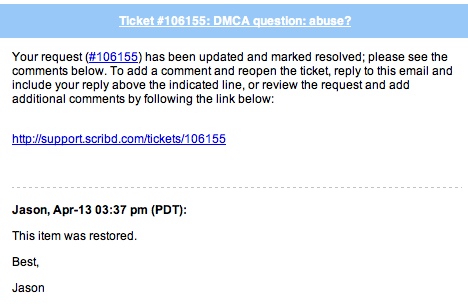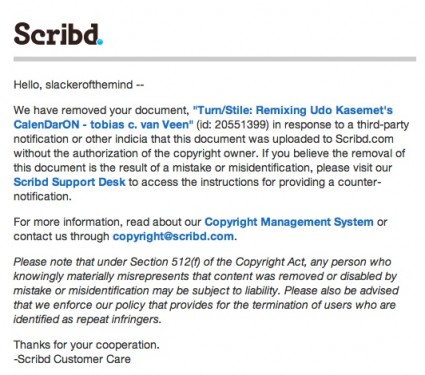Imagine a city dotted with rental bike stations… where bike lanes lead in nearly every direction… protected from traffic, with cement barriers, ploughed for year-round access… smartly done too… some lanes with removable poles, so that the road can be used for parking and snow clearing during winter… with networks extended by painted lanes, like in other cities… the biking network extends everywhere.
Imagine this bike rental service being affordable and easy, thrilling and useful… and you have Montréal’s BIXI network.
Bikes are revolutionary. There are more people on bikes in Montréal now than I can ever remember from living there for seven years. Bikes are changing the patterns of circulation within the city. The city itself is changing. With many streets of Montréal routinely closed for summer festivals, the car is shortly becoming a liability within the downtown area.
And people are everywhere. And they smile. They’re happier… and becoming fitter.
Happy people on bikes don’t feel isolated. They feel part of something. Cyclists feel part of the city around them, which is theirs. And this is why they don’t vote for xenophobic policies. They vote for people who like people on bikes, which means supporting the environment we all live in through policies that look at the city as a holistic environment, a complex and thriving ecosystem, and not just a traffic thoroughfare with a series of linked parking lots.
Unlike Vancouver, the political fallout of BIXI in Montréal has been minimal. Vancouver has an organised business organisation trying to undermine cyclists, trying to do away with all bike lanes. The Vancouver Board of Trade and the Downtown Vancouver Business Improvement Association rejects bike lanes because they impede the flow of traffic, disrupting the “traffic network” and “hurting the bottom line of business” by removing automobile parking.
Cars, traffic, parking. Apparently this is a machine that need not require humans. It would be easier to eliminate the flesh entirely, were it not for the economic placeholder in which flesh consumes flesh. Placing humans into isolated metal boxes produces a significant distancing effect, enough to block the sensory perception of a complex and ever-changing environment. The taste and feel of a place are kept at bay. Immersed in the box, in the screen, my car is a just like a videogame.
Never step out of your car save to shop. Never bike on the road—you might get hit. Drive a bigger SUV to keep safer. Buckle your kids in with crash helmets. Only crazy people bike. You are not like them. They are outside the window. The window is a movie screen. The city passes by like a movie made just for you, but interactive, like a videogame. The best interactive game ever. A cyclist interrupts that drowsy flow. Swerve and negotiate. How dare they bike in traffic! Hold on now. Something is going awry… a light blinks… you need new pharmaceuticals. The haze of dumb acceptance is wearing off. Anger and frustration are coming. You have to watch out for “pedestrians” and “cyclists.” The laws won’t change until next week… then you can run them over and collect the reward points. More petropoints. Park over there, step out, and buy something. Some more pills. Mmm. A new shiny thing. A greasy thing. Eat and swallow. Don’t move too fast. You might have a heart attack. The doctor gave you pills for that. Get back in. Drive away.
What the grey room wants is unhappy, isolated and cloistered individuals, getting fat off bad foods, polluting the atmosphere in their cars. The grey room of control, mute in their deadness, amassing piles of coin. Cyclists are the enemy. Why? Because unhappy people buy more consumerist crap as a band-aid solution for their constant depression. They wallow in a potpourri of pharmacopia. They burn more fuel. They support bad business in their despair. The car is an isolating, depressing way to travel through the city… a beautiful, seductive ride. Step right in. Never leave.
In Montréal, on the contrary, cyclists are seen as the people they are. Cars don’t buy things. People do. And people, given the chance, will ride bikes, and invest in good things. People on bikes change economies, patterns of consumption and circulation, which is precisely why they are a threat to the established order of consumer complacency.
Because there is nothing more beautiful than biking home with the wind…
Sounds all too simplistic, eh? Indeed. It can be.
Heard on CBC Vancouver this morning from the right-wing “develop it all” and anticyclist NPA — “we shouldn’t focus on becoming a green city — we already have green industries — forestry (which is a renewable resource)… and mining.”
When will Vancouver finally cast out these rejects?
Montréal is decades ahead. May Québec nationalism never die. For it provides the bonds of a collectivism that has all but been eradicated in the rest of Canada—or manipulated into isolated xenophobia, such as with Rob Ford’s Toronto Fat City, where bike lanes are being ripped out so as to save the city “billions” in lost consumer spending. Remember, getting somewhere in a car is the only metric of happiness. Happiness is only measured in spending. Spending is all that matters. Spend some more. Take another pill. Keep on drivin’.
Cyclists are commies.









 RT
RT 